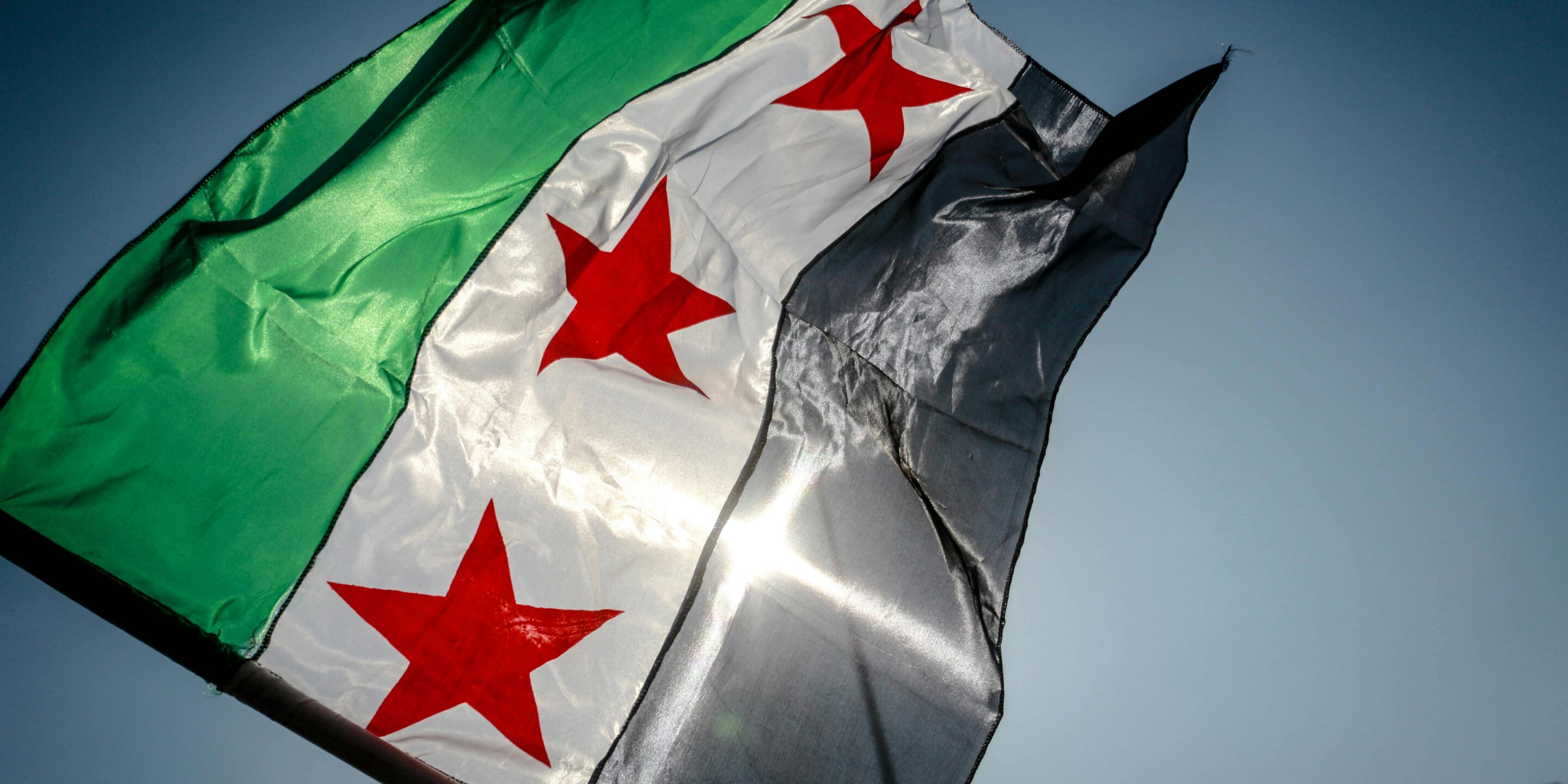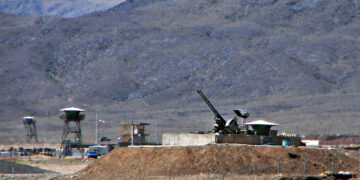April 1, 2025
Navigating security, economy, and diplomacy in post-Assad Syria

The new Syrian caretaker government faces many challenges after 14 years of brutal conflict ended with the Assad regime’s abrupt collapse in December. In a country facing a plethora of urgent needs, interim Syrian President Ahmed al-Shara’a is focusing on improving the economy and stabilizing security—utilizing international diplomacy to achieve these goals while postponing moves toward a democratic transition.
Al-Shara’a quickly appointed an interim government after the Assad regime’s collapse—mostly consisting of former ministers who had governed Idlib province under the rule of the now-dissolved Hay’at Tahrir al-Sham, a Sunni Jihadist faction formerly associated with al-Qaeda. This move initially fostered concerns in Syria and internationally that al-Shara’a’s aim was to install an Islamist government over the entire country. Yet the decision reflected the reality that government entities had become largely defunct and corrupt under Assad. Additionally, al-Shara’a inherited a collage of political and military entities with complex and varying alliances that were failing to provide essential services to the Syrian people. The economy remains collapsed, with 90 percent of Syrians living under the poverty line.
On March 29, al-Shara’a named a new caretaker government that included two mainstream activists, a woman and members of the Christian, Druze, Alawite and Kurdish minorities but kept loyalist Sunni Muslims as heads of the sensitive defense, foreign affairs and interior ministries.
A local source who spoke to this author on condition of anonymity prior to the announcement was blunt: “al-Shara’a has had to rely on officials he can trust as the country remains a failed state with active resistance from Assad loyalists and attacks from neighboring states like Lebanon and Israel. A lack of unified governance would have ended in more war.”
More on Middle East

Featuring Rosemary Kelanic
October 16, 2025
Featuring Daniel Davis
October 15, 2025
Events on Syria







